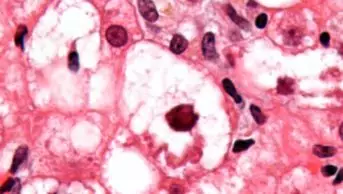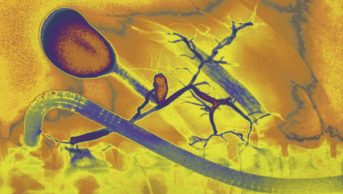
Shutterstock.com
Faster and more predictable access to medicines for rare diseases across Europe will help reinforce European competitiveness in the global medicines marketplace, rare disease patient organisation EURORDIS has said.
‘Breaking the access deadlock to leave no one behind’
, a new position paper by EURORDIS, which represents almost 800 patient groups across Europe, calls for a new blueprint to cut costs and speed up research and development of drugs for rare diseases and a Europe-wide framework between national healthcare systems to help determine fair and sustainable prices.
“Several existing tools, techniques or methodologies allow medicines to come to market in greater numbers and for lower investments,” the paper says.
“There is good reason to believe that they [existing tools, techniques or methodologies] would dramatically reduce the cost of R&D for rare disease therapies, reduce the number of patients who need to be involved in clinical research and also reduce the overall time necessary for full development.”
It adds that linking evidence to healthcare budget spending and assessing the impact of innovative technology is also vital.
EURORDIS symposium
The paper, dated January 2018, was published following a EURORDIS symposium on improving patient access, which was held in February 2017. EURORDIS aims to have three to five times more new rare disease therapies approved per year, at a price three to five times cheaper than they currently are, by 2025.
The European Medicines Agency (EMA) has announced that patient organisations have until 20 December 2017 to bid to join its Committee for Orphan Medicinal Products.
This aims to ensure that patients’ needs are taken into account when the committee carries out work such as establishing and developing an orphan medicinal products policy for the EU.
Once they have joined, member organisations will be appointed for a term of three years from 1 July 2018, which can later be renewed.


